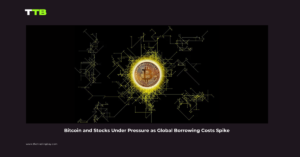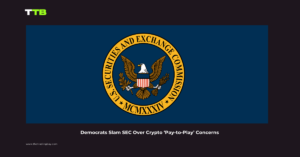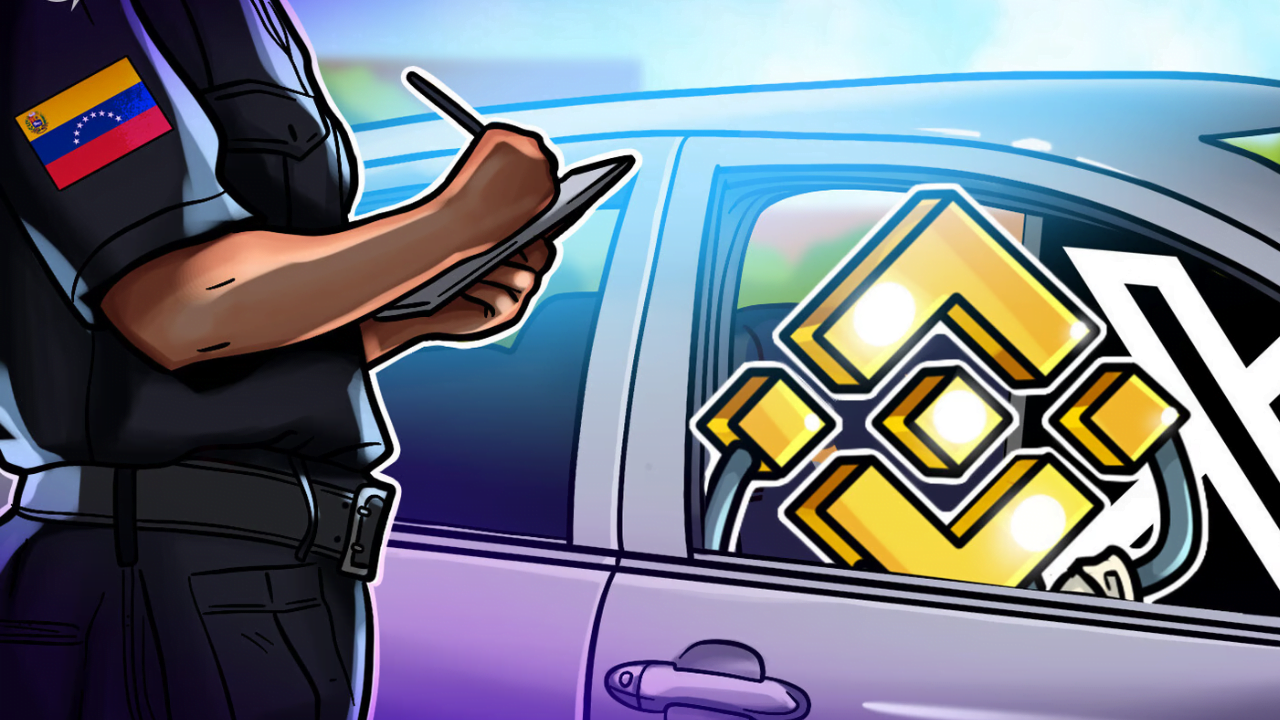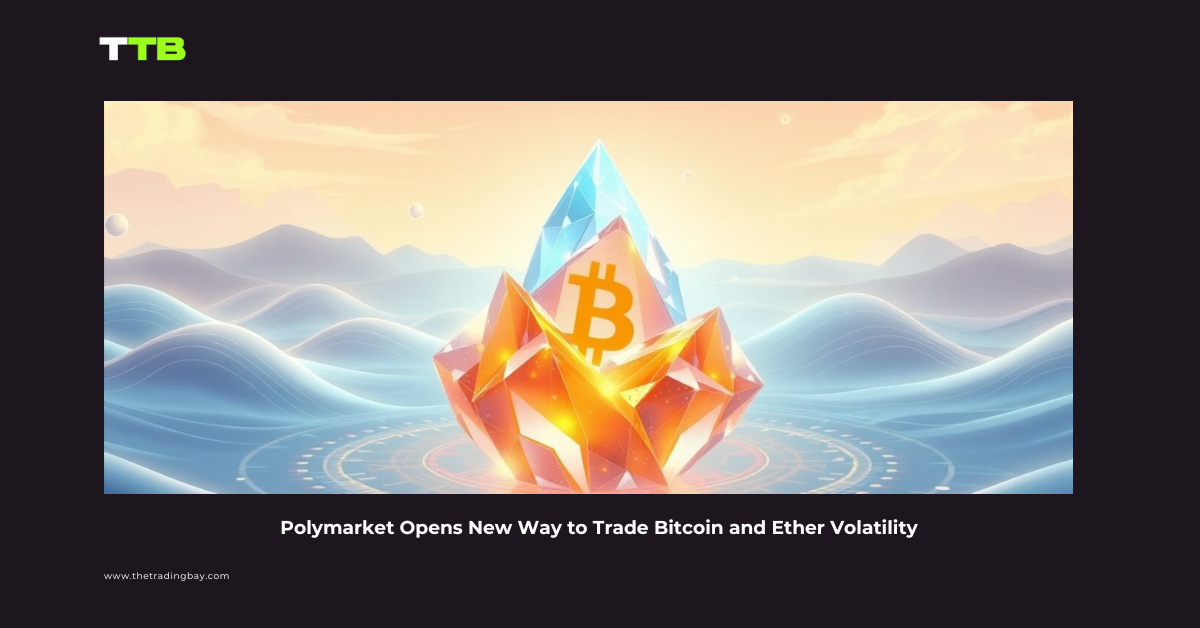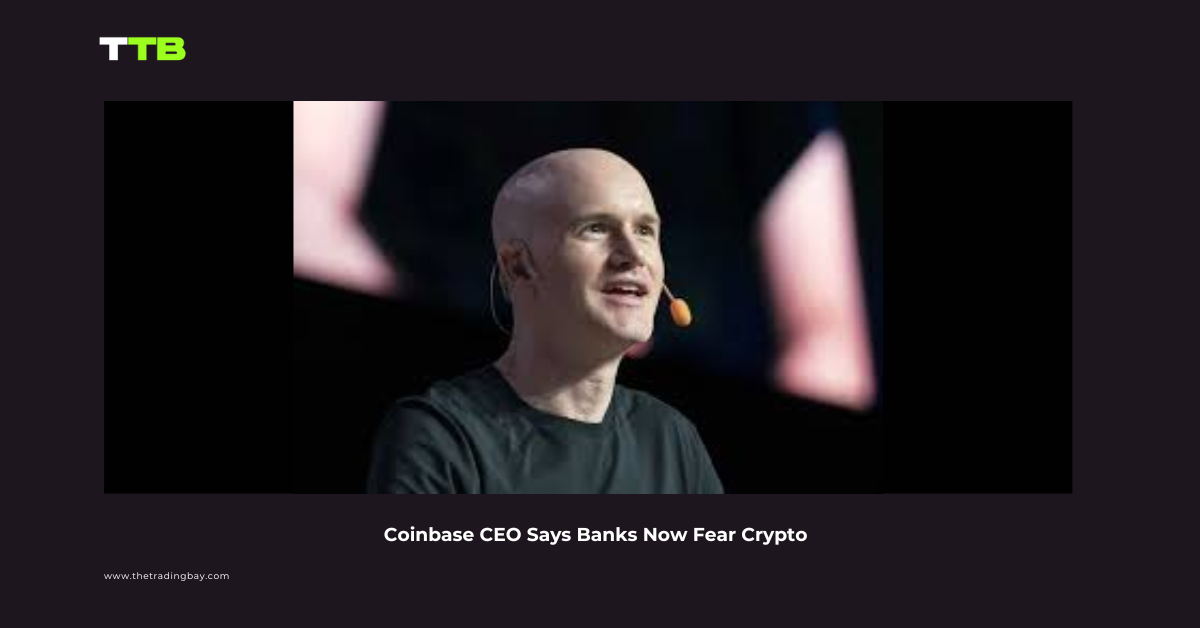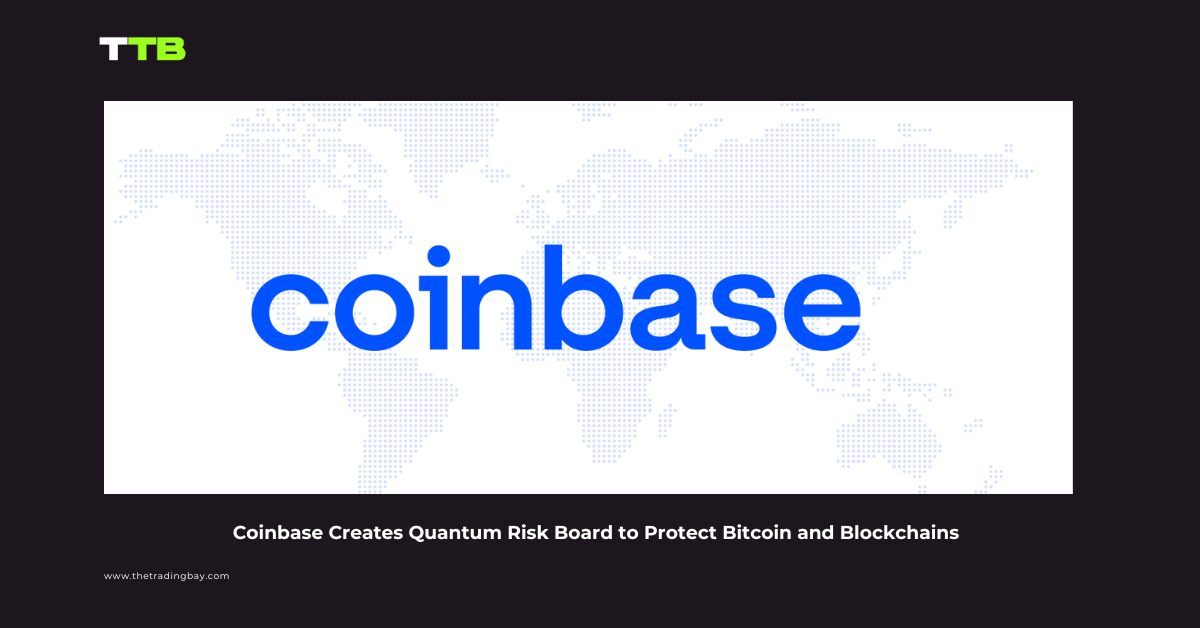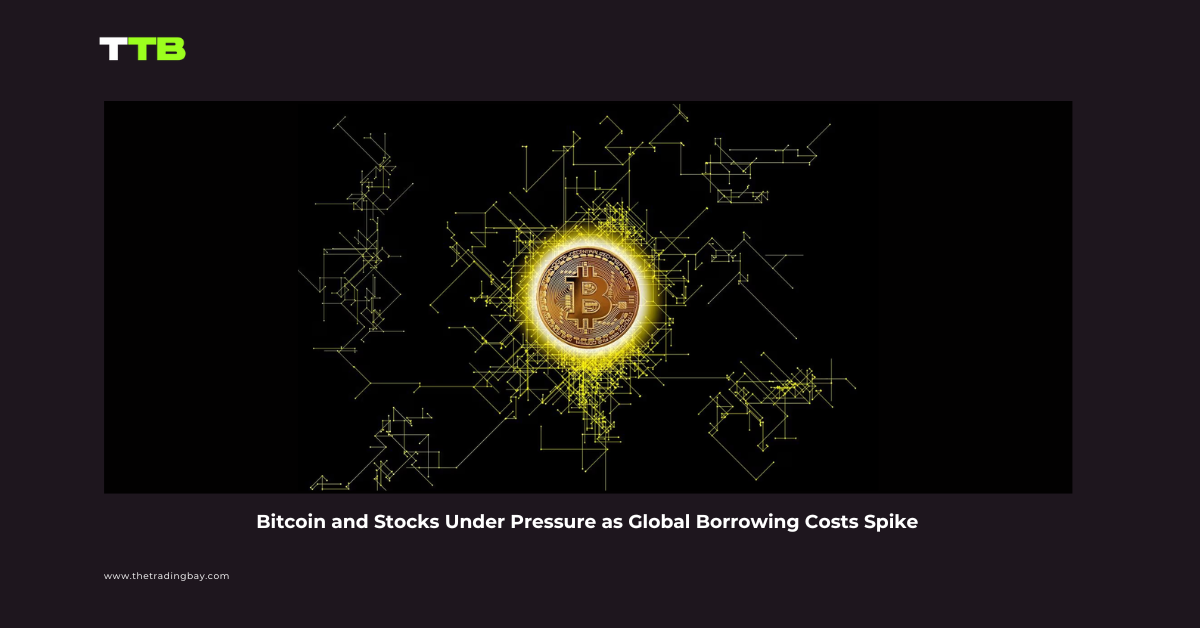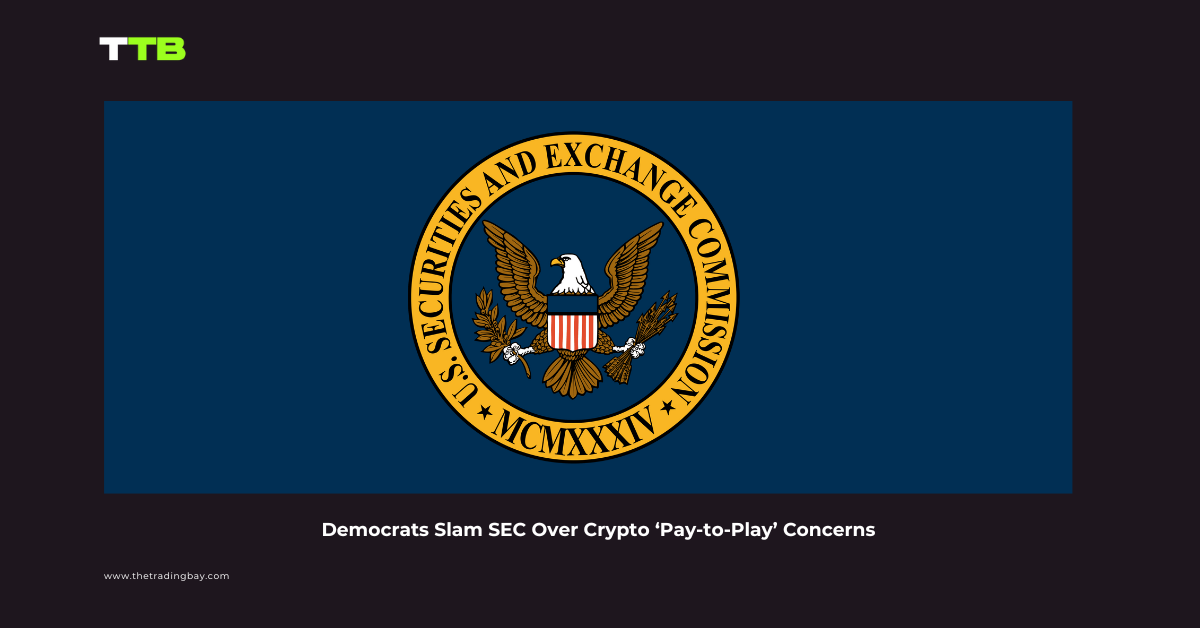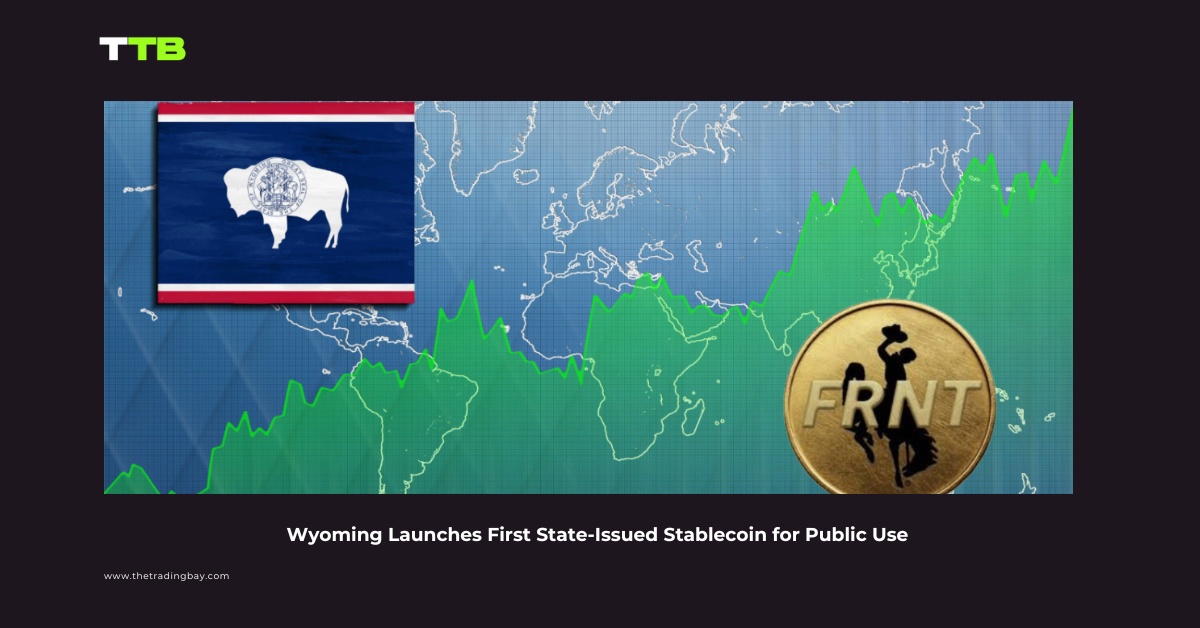Venezuela government has taken extreme steps in response to ongoing unrest following disputed presidential election results. In a significant move, access to major online platforms like cryptocurrency exchange Binance and social media platform X has been blocked. This action comes at a time when the country is already facing intense political instability and severe economic challenges.
Government Blocks Major Online Platforms in Venezuela
On August 9, VE sin Filtro, a local anti-censorship organization, reported that Venezuela had implemented a Domain Name System (DNS) block on Binance, disrupting normal access to the exchange’s website and mobile app. This block is part of a broader strategy by the Venezuelan government to restrict access to various websites, including social media platforms, across the country.
Binance’s Latin American-focused X account confirmed these restrictions on August 10, noting that several of its pages were inaccessible in Venezuela. Despite these obstacles, Binance assured users that their funds remain secure and that the company is closely monitoring the situation to resolve it as quickly as possible.
The impact of this blockade is particularly significant in Venezuela, where Binance’s peer-to-peer (P2P) service is widely used. With the country suffering from hyperinflation, many Venezuelans rely on P2P platforms to trade cash for cryptocurrency, safeguarding their wealth from the rapidly devaluing bolívar.
Escalating Political Tensions in Venezuela
The blockade on Binance occurred just one day after Venezuelan President Nicolas Maduro ordered the country’s telecommunications regulator, Conatel, to block access to the social media platform X (formerly Twitter) for ten days. This order followed a public confrontation between Maduro and X owner Elon Musk, during which both exchanged challenges and insults.
In addition to Binance and X, the Venezuelan government also targeted other online services. The encrypted messaging app Signal was also blocked on the same day, according to internet monitoring project NetBlocks. However, Signal remained functional for users who activated the “censorship circumvention” setting, which allows them to bypass the restrictions.
As the government tightens its control over online platforms, anti-censorship advocates like VE sin Filtro have advised Venezuelans to use Virtual Private Networks (VPNs) to bypass these blocks. VPNs help users maintain access to restricted sites by masking their IP addresses and routing their internet traffic through servers in other countries.
The Impact of Online Censorship on Venezuela’s Economy
Venezuela’s decision to block access to major platforms like Binance and X has serious implications for both the political situation and the economy. With hyperinflation ravaging the national currency, many Venezuelans have turned to cryptocurrency as a financial lifeline. By blocking access to Binance, the government is cutting off a crucial tool that citizens use to protect their savings and cope with the financial crisis.
Furthermore, restricting access to social media platforms like X stifles free speech and communication in Venezuela, a country already struggling with political unrest. Social media has been vital for Venezuelans to share information, organize protests, and voice dissent. The temporary ban on X could hinder these activities, reducing the public’s ability to mobilize against government actions.
Maduro’s aggressive stance against online platforms highlights the growing tension between the Venezuelan government and global tech companies. The public feud with Elon Musk, in particular, underscores the uneasy relationship between authoritarian regimes and social media platforms that can serve as tools for both protest and propaganda.
As Venezuela continues to face deep political and economic crises, the government’s decision to block online platforms signals a worsening situation. The restrictions on Binance, X, and other services may provide temporary control for the government, but they risk further alienating the population and exacerbating Venezuela’s financial troubles. How Venezuelans and the international community respond to these measures will be crucial in determining the country’s future direction.




